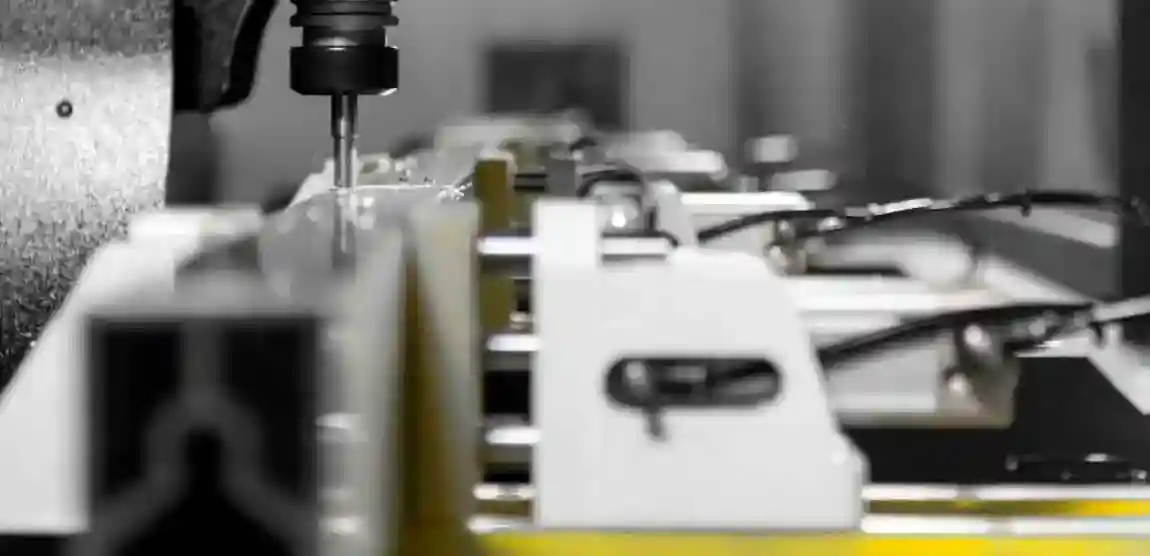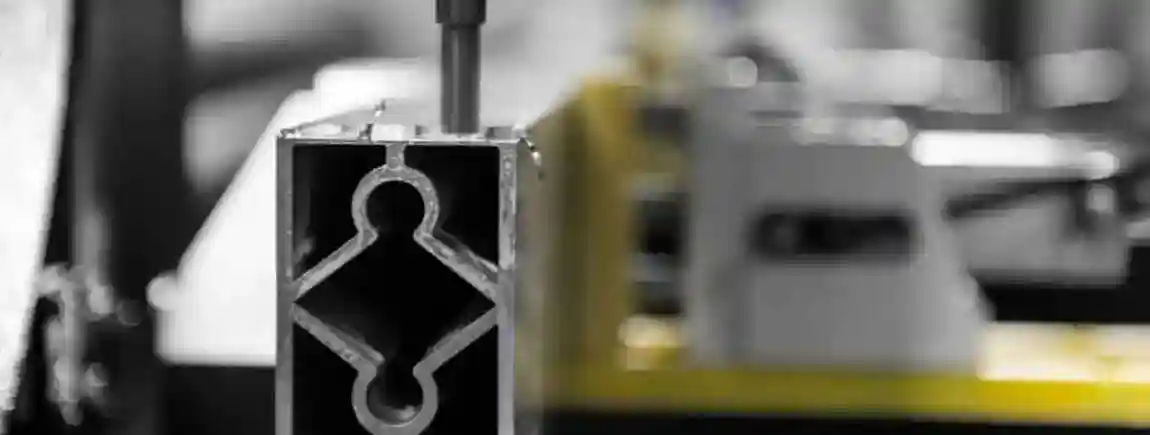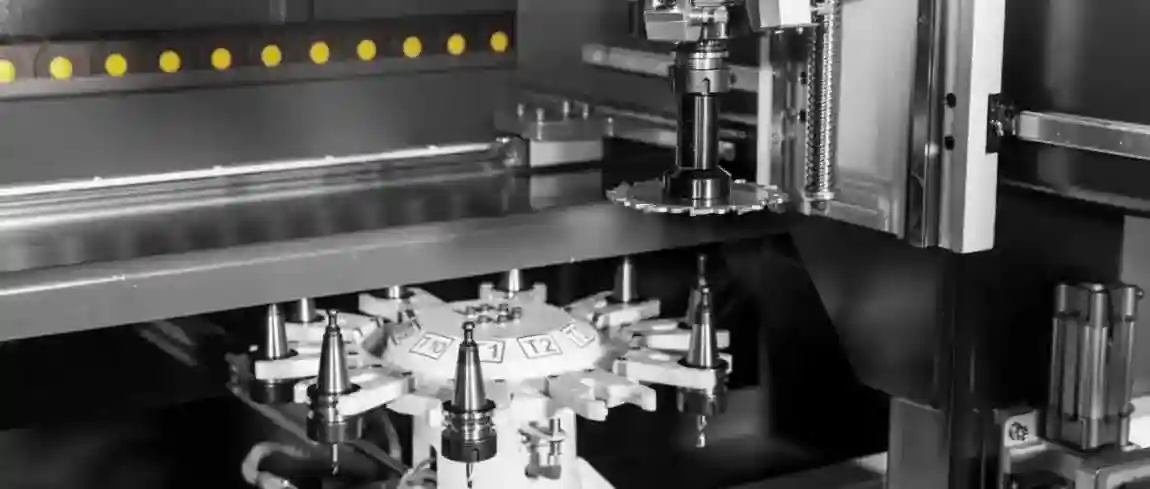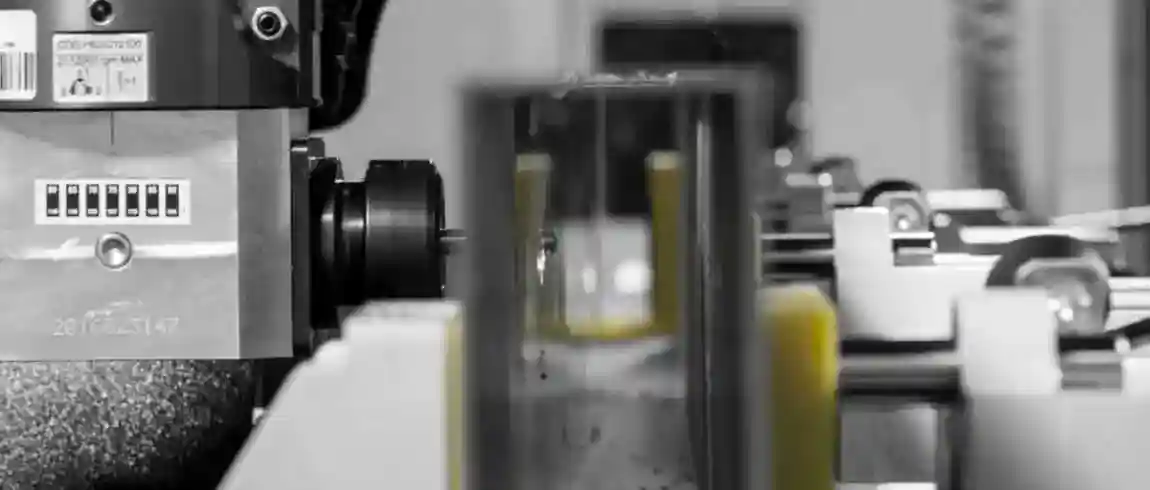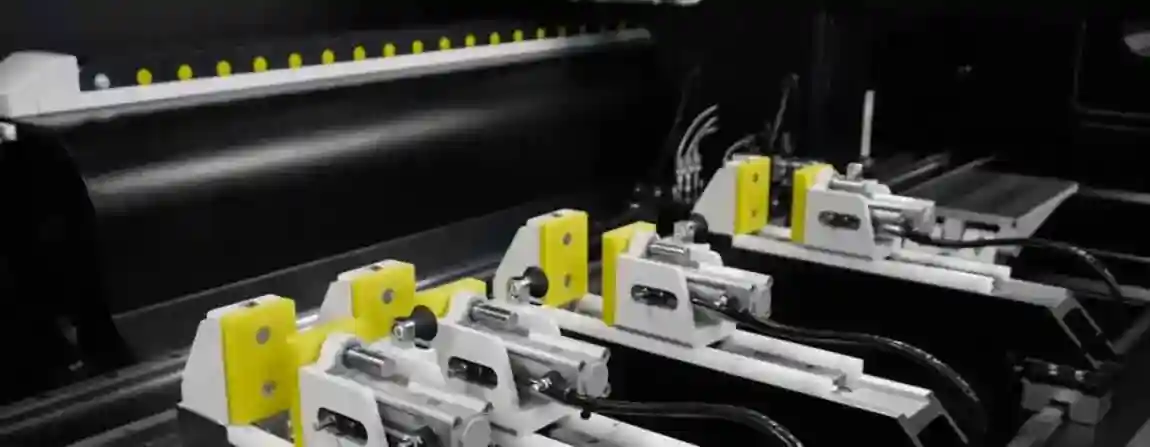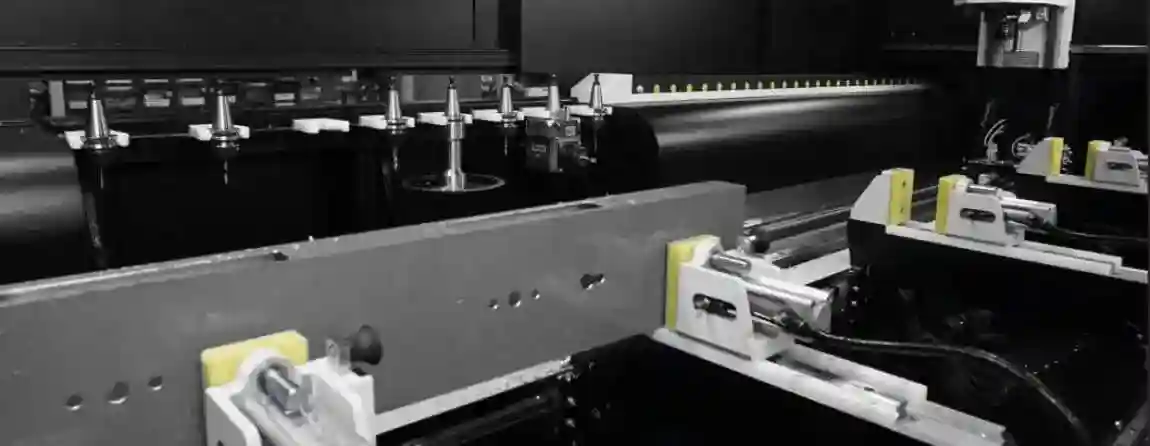-

Company
Product
ALUMINIUM MACHINES
PORTABLE MITER SAWS FOR ALUMINUM
PORTABLE COPY ROUTER MACHINES FOR ALUMINIUM
PORTABLE END MILLING MACHINES FOR ALUMINIUM
AUTOMATIC MITER SAWS FOR ALUMINIUM
COPY ROUTER MACHINES FOR ALUMINIUM
END MILLING MACHINES FOR ALUMINIUM
ALUMINUM CORNER CRIMPING MACHINE
DOUBLE MITRE SAWS FOR ALUMINIUM
AUTOMATIC SAWS FOR ALUMINIUM
BAR PROCESSING CENTERS
MACHINING CENTERS FOR ALUMINIUM COMPOSITE PANELS
NOTCHING SAWS
WEDGE CUTTING SAWS AND NOTCH CUTTING SAWS
MITER SAWS FOR ALUMINIUM
PVC PLASTIC MACHINES
PORTABLE MITER SAWS FOR PLASTIC
PORTABLE COPY ROUTER MACHINES FOR PLASTIC
PORTABLE END MILLING MACHINES FOR PLASTIC
MITER SAWS FOR PLASTIC
COPY ROUTERS FOR PLASTIC
END MILLING MACHINES FOR PLASTIC
WELDING MACHINES FOR PLASTIC
CORNER CLEANING MACHINES FOR PLASTIC PROFILES
DOUBLE MITRE SAWS FOR PLASTIC
BAR PROCESSING CENTERS
GLAZING BEAD SAWS
AUTOMATIC MITRE SAWS FOR PLASTIC
METAL MACHINES
MANUAL METAL SHEET BENDING MACHINE
MANUAL BENDING MACHINES
HYDRAULIC BENDING MACHINES
NON MANDREL BENDERS
PLATE BENDING MACHINES
BORDERING AND TRIMMING MACHINES
HORIZONTAL PRESSES
BELT GRINDING MACHINES
PIPE NOTCHING MACHINES
PIPE POLISHING MACHINES
LASER CUTTING MACHINES
PRESS BRAKES
VERTICAL TURNING CENTERS
MACHINING CENTERS
WOOD MACHINES
GLASS MACHINES
ROBOTICS SPECIAL MACHINERY
Service
Blog
Contact
Blog
- Home
- Blog
- GLASS PROCESSING MACHINES
- GLASS WASHING EQUIPMENT
GLASS WASHING EQUIPMENT
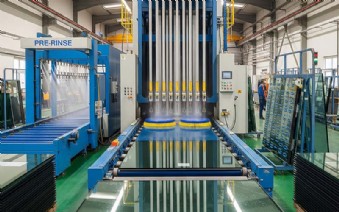
Glass Washing Equipment – Modern Cleaning Solutions for Perfect Glass Quality
Introduction: Why Glass Washing Equipment is Essential
In today’s glass industry, cleanliness, efficiency, and precision are critical factors. Glass is used in a wide variety of sectors – from window and door production and facade construction to the automotive industry and furniture manufacturing.
For further processing, glass must be absolutely clean, dust-free, grease-free, and particle-free. Even the smallest impurities can lead to bonding problems, coating defects, or optical imperfections.
This is where glass washing equipment comes into play: it ensures a reliable, continuous, and high-quality cleaning process, whether in small workshops or large-scale industrial operations.
Structure and Function of Glass Washing Equipment
Glass washing equipment typically consists of several modular components that can be adapted to specific production needs:
-
Transport systems – rollers or conveyor belts move glass sheets smoothly through the machine.
-
Pre-wash zones – remove coarse dirt with water.
-
Brush sections – rotating special brushes provide thorough cleaning without scratching.
-
High-pressure spray nozzles – rinse away the finest dust particles.
-
Drying sections – powerful blowers dry glass completely, leaving no streaks or water stains.
-
Filtration systems – recycle water to significantly reduce consumption.
Modern systems include digital control units, allowing precise adjustment of water flow, brush speed, and drying performance.
Advantages of Modern Glass Washing Equipment
Investing in high-quality glass washing equipment provides multiple benefits:
-
Time savings – large glass surfaces can be cleaned quickly.
-
Consistent quality – flawless cleaning results without manual rework.
-
Glass protection – gentle cleaning prevents scratches or surface damage.
-
Resource efficiency – modern systems save both water and energy.
-
Integration into production lines – compatible with CNC machining centers or insulating glass lines.
-
Flexibility – suitable for both small-scale workshops and large industrial facilities.
Applications of Glass Washing Equipment
Glass washing equipment is indispensable across industries that demand perfect glass quality:
-
Window and door production – ensures glass is perfectly clean before further processing.
-
Facade construction – architectural glass facades require flawless surfaces.
-
Insulating glass production – dirt between panes compromises insulation performance.
-
Automotive industry – windshields and vehicle glass must be spotless.
-
Furniture and interior design – glass for tables, shelves, or shower cabins must be streak-free.
Key Considerations When Choosing Glass Washing Equipment
Companies looking to invest should evaluate the following:
-
Working width and height – depending on maximum glass sizes.
-
Glass thickness range – from thin glass to safety and insulating glass.
-
Modular design – expandable for integration into existing production lines.
-
Drying performance – powerful blowers ensure spotless results.
-
After-sales service – availability of spare parts and technical support.
-
Energy efficiency – modern drives and recycling systems reduce costs.
The Future of Glass Washing Equipment: Industry 4.0 and Sustainability
The future of glass washing equipment lies in automation, digitalization, and sustainability. Modern systems include:
-
Sensors to monitor water quality and brush wear.
-
Automatic process adjustments for glass size and thickness.
-
Eco-friendly filtration systems that recycle water multiple times.
-
Smart factory integration with remote monitoring and production data tracking.
As a result, glass washing equipment is not only a guarantee of cleanliness and quality, but also a vital component of sustainable and connected manufacturing.
Conclusion
Glass washing equipment is indispensable in modern glass processing. It ensures perfectly clean surfaces, consistent quality, and efficient production processes.
From window and door manufacturing to facade construction, the automotive sector, and furniture production, glass washing equipment forms the foundation of a successful and future-proof glass industry.
 GERMANY
GERMANY ENGLISH
ENGLISH FRANCE
FRANCE SPAIN
SPAIN PORTUGAL
PORTUGAL


